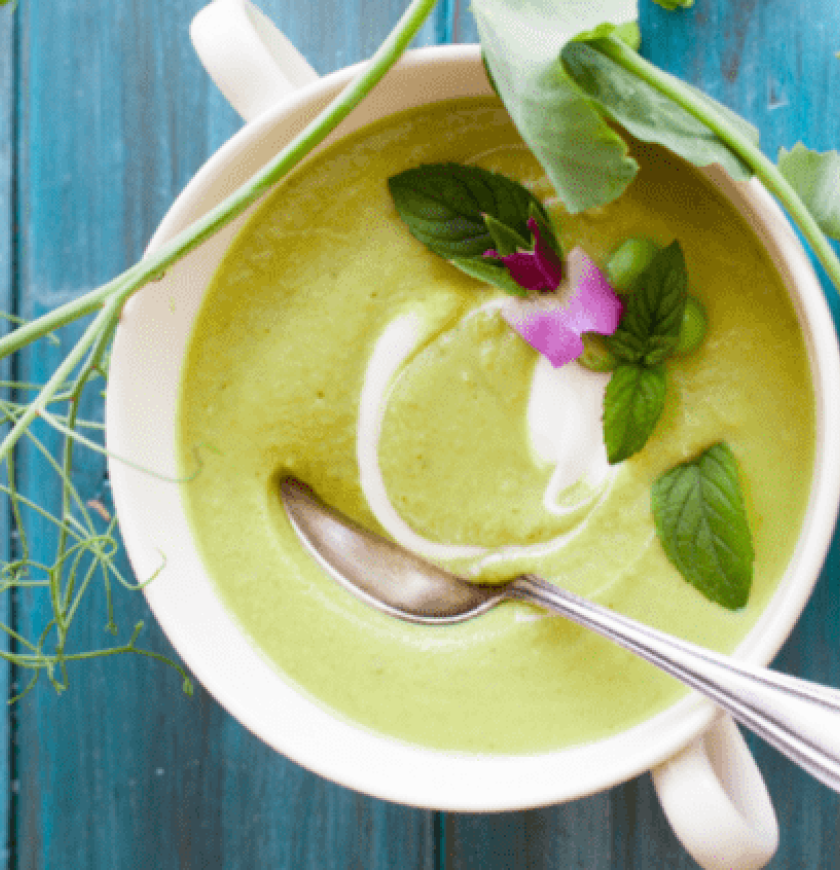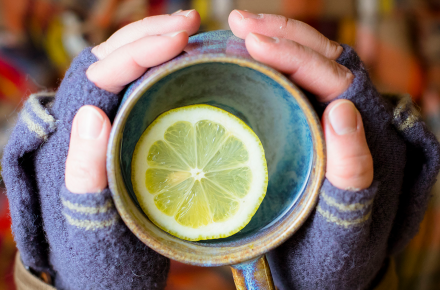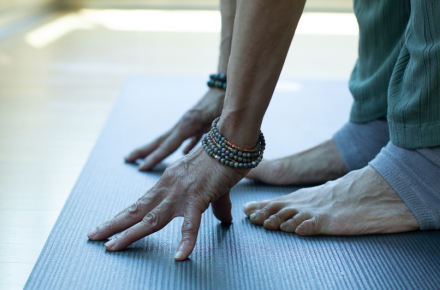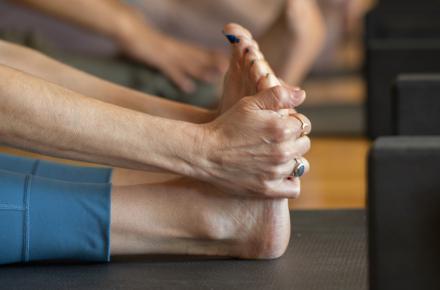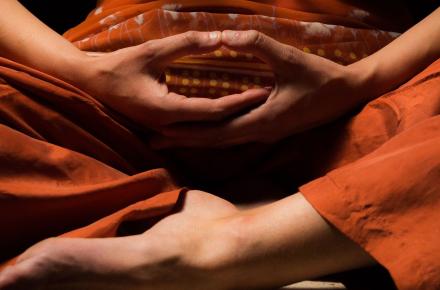Your Spending Style According to Your Dosha


Nearly two-thirds of Americans can expect a tax refund this year. The average refund is $3,000—not too shabby! My brother is a financial analyst and would say that I am paying too much in taxes over the year, and should have fewer taxes taken out of each paycheck, so I can have the cash year-round. I personally like the payout in April, so we agree to disagree.
What does this say about the differences between me and my brother? Looking through the lens of Ayurveda, we are actually very similar, even though our opinions on taxes differ. We both like to save a lot and spend a lot. These money habits we share are indicative of our pitta/vata nature. We possess a good deal of fire and drive (pitta) and we are also quick, agile, adaptable, and tend toward a little anxiety (vata). So we both save and tend to make bigger purchases. Where we differ is that I like to receive that nice lump sum in April, while he likes to get his money in his paychecks. We both feel as though we are #winning, and we won’t bend to the other—also typical of a pitta type.
What about the other types—the various combinations of vata, pitta, and kapha? Here’s a breakdown.
Vata
Vata types, known for their airiness and spaciness, tend to live paycheck to paycheck. You might enjoy splurging on small purchases regularly, without making a steady deposit into your savings account. This can create stress, when there’s no cash around for a rainy day—car or house repairs, a weekend away with friends, speeding tickets, a trip to Whole Foods. So, if your tendency is money in and money out, consider socking away your tax refund into savings this year and making a schedule for weekly deposits. Even $10 a week will add up to more than $500 a year in savings. Ayurveda treats with opposites—for example, if your skin is dry, you moisturize it. If not having any money in the bank makes you anxious, go the common sense route: Put your tax refund in the bank to ease financial anxiety.
Pitta
As my personal scenario indicates, if you are a pitta type, you likely already have a decent savings account built up. Thus, if you are getting a refund this year, you can either save or splurge. If you want to be a super-saver (pittas always want to excel), put it in an IRA (Individual Retirement Account) or a money market. That way you can make more money on your investment. Want to spend it? Only 10 percent of Americans spend their returns on vacations, and six percent splurge. If you want to feel as though you are part of the 10 percent, then go on that vacation like a boss.
Kapha
Hey, big saver! You are the complete opposite of vata types. Your rainy-day fund is more like a rainy-decade fund. This is great—but go ahead and spend a little. Kapha types, due to their earthiness, can get attached to worldly possessions. A remedy is to rid yourself of some of the burden of these possessions. Money is energy, and it needs to be both saved for security and spent for enjoyment. Where the vata type would benefit from saving their return, if you are a kapha type, you will benefit from throwing caution to the wind—go out and buy a boat, or whatever you want but wouldn’t ordinarily purchase. If you already have a ton of savings and you hoard your money out of insecurity, even though you know full well that you have plenty, go have some fun and make a big purchase.
But what Ayurveda can really do is support you in keeping your nervous system steady as you make your way through tax season. Finances can be stressful and, of course, it’s a lot more complex than saving and spending. Remember to slow down, take time for a walk in nature and some deep breathing, and try to get to bed early. All of this can help to keep your mind and body calm as you navigate the fine print on your tax return.
Find out about Ayurveda programs at Kripalu.
© Kripalu Center for Yoga & Health. All rights reserved. To request permission to reprint, please e-mail editor@kripalu.org.




